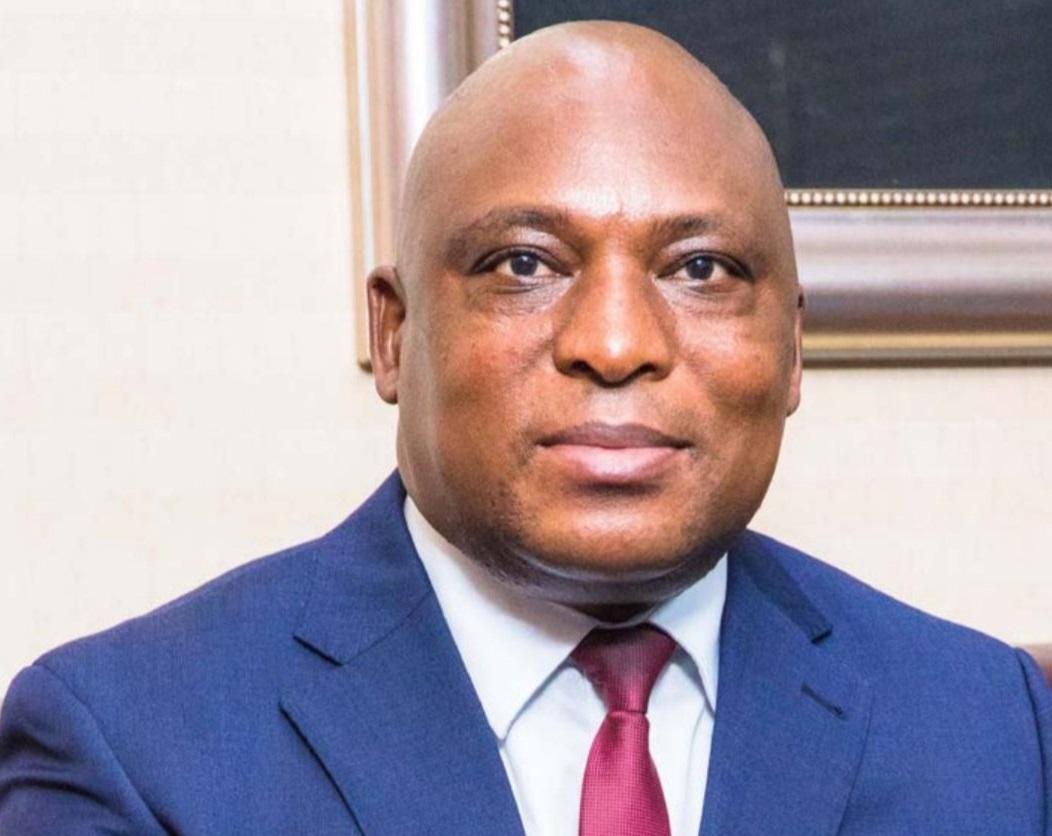|
Getting your Trinity Audio player ready…
|
Writes Engineer Jacob Kudzayi Mutisi
Today Zimbabwe launches a new currency. The key question is: Were you consulted about the NEW currency?
The whole approach needs to be changed. The true value of money is in the public confidence. Zimbabwe has had a turbulent history with its currency, marked by hyperinflation and multiple currency failures in the past.
On the 5th of April 2024, the Zimbabwean government will be introducing a new currency called structured currency. The idea is to try to stabilize the economy and restore public confidence. My questions are simple: Will the public accept the new currency? What role did the public play during the new curse introduction? Was there a public consultation process?
Public Acceptance
Given Zimbabwe’s troubled currency history, the public’s acceptance of the new structured currency is a crucial factor for its success. The government needs to address the skepticism and mistrust that have developed over time. Public confidence will largely depend on the effectiveness of the measures taken to stabilize the economy and control inflation.
To gain public acceptance, the government should communicate transparently about the new currency’s benefits and its potential to address past failures. Clear explanations about the measures put in place to maintain stability and prevent hyperinflation will be crucial. It is also important to emphasize the safeguards implemented to avoid the mistakes of the past.
Public Involvement
The involvement of the public during the introduction of the new currency is vital for its success. Engaging citizens in the decision-making process helps build trust and ensures that their concerns and perspectives are taken into account. While the government’s role is significant, public participation empowers citizens and fosters a sense of ownership.
Public Consultation
It is essential to assess whether there was public consultation during the process of introducing the new currency. Public consultation involves seeking the input, feedback, and opinions of citizens to inform decision-making. This inclusive approach can enhance the legitimacy and acceptance of new policies.
In the case of Zimbabwe’s new structured currency, public consultation would have provided an opportunity for citizens to voice their concerns, share their experiences, and contribute to the development of a currency system that meets their needs. It would have also allowed the government to gather valuable insights and incorporate public perspectives into the decision-making process.
However, it is important to note that the level of public consultation may vary depending on the government’s approach and the specific circumstances surrounding the currency reform. In some cases, governments may prioritize speed and efficiency due to urgent economic challenges, potentially limiting the extent of public consultation.
Public Education and Awareness
Regardless of the extent of public consultation, effective public education and awareness campaigns are essential when introducing a new currency. Robust communication strategies should be employed to ensure that citizens understand the rationale behind the currency reform, its benefits, and how it will impact their daily lives.
These campaigns should be designed to reach a wide range of citizens, including those in rural areas who may have limited access to information. The messaging should be clear, concise, and tailored to different demographics, using various mediums such as television, radio, social media, and community outreach programs.
Importance of Building Trust
Rebuilding public trust is a significant challenge when introducing a new currency, especially in Zimbabwe where past currency failures have eroded confidence. The government must demonstrate credibility and competence in managing the economy. It should implement strict monetary policies, maintain fiscal discipline, and ensure transparent financial systems.
In addition to economic stability, the government needs to address social and political factors that influence public trust. This includes tackling corruption, promoting good governance, and fostering an environment of accountability.
Monitoring and Evaluation
The success of the new structured currency should be regularly monitored and evaluated to assess its impact on the economy and public acceptance. This evaluation should consider factors such as inflation rates, exchange rates, and public sentiment towards the currency. Regular feedback from the public, businesses, and financial institutions will be essential to identify any challenges or necessary adjustments.
Conclusion
To the new governor John Mushayavanhu, the introduction of a new structured currency in Zimbabwe presents an opportunity to stabilize the economy and restore public confidence.
Public acceptance is crucial for the success of this currency reform. The government should engage in effective public consultation, promote transparency, and implement robust communication strategies to build trust and ensure public understanding of the benefits of the new currency.
By involving the public and addressing their concerns, the government can foster a sense of ownership and increase the likelihood of a successful transition to the new currency. Continuous monitoring and evaluation will be vital to address any issues that may arise and make necessary adjustments along the way.
We cannot continue to make mistakes.
